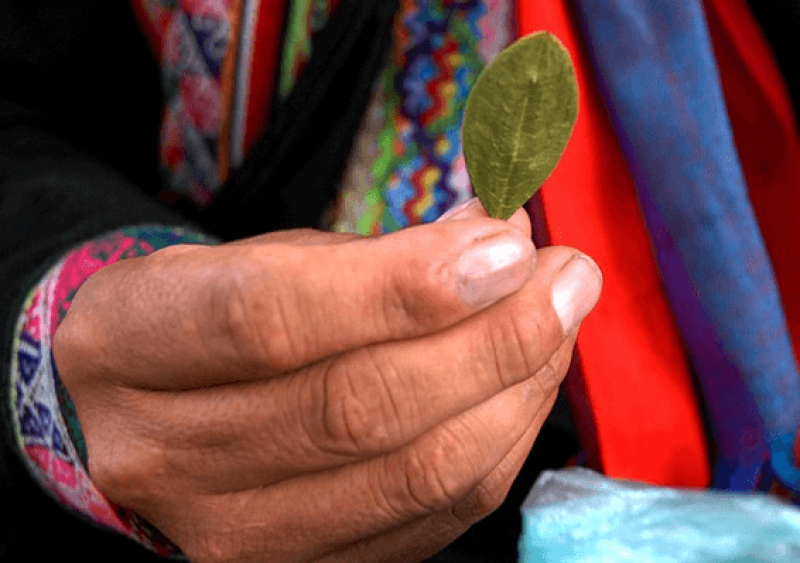A tobacco plant relative called Nicotiana benthamiana has been genetically modified to produce cocaine in its leaves.
Cocaine is produced naturally in the leaves of the Erythroxylum coca plant, and scientists set out to recreate this process in N. benthamiana.
A team from the Kunming Institute of Botany in China altered N. benthamiana to produce two enzymes that generate cocaine when its leaves are dried.
The breakthrough could lead to a way to manufacture cocaine, or produce chemically similar compounds for medicinal purposes.
While cocaine is notorious as an illegal drug, it has also been used in medical practices as a local anaesthetic or to narrow blood vessels to stem bleeding.
However, pharmaceutical companies are limited in ways they can produce the drug, as key steps in its biosynthesis have remained a mystery.
…
In their paper, published in the Journal of the American Chemical Society, the scientists finally discovered what was missing.
Two enzymes, EnCYP81AN15 and EnMT4, are essential for this conversion reaction to form methylecgonone.































